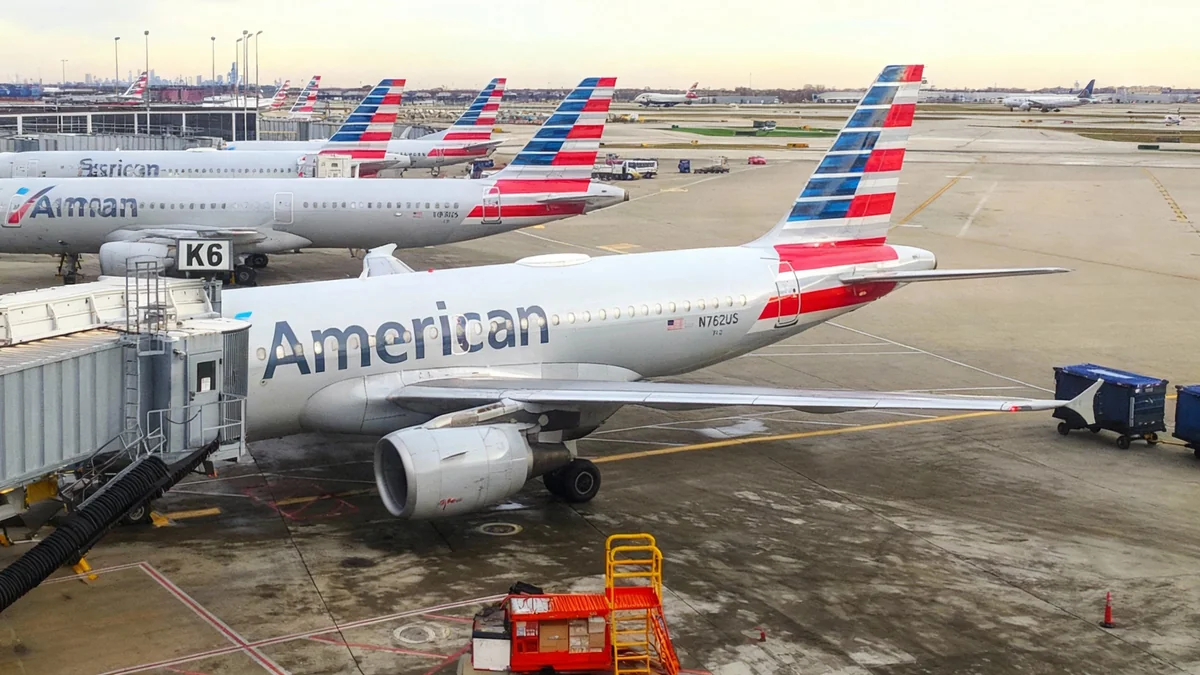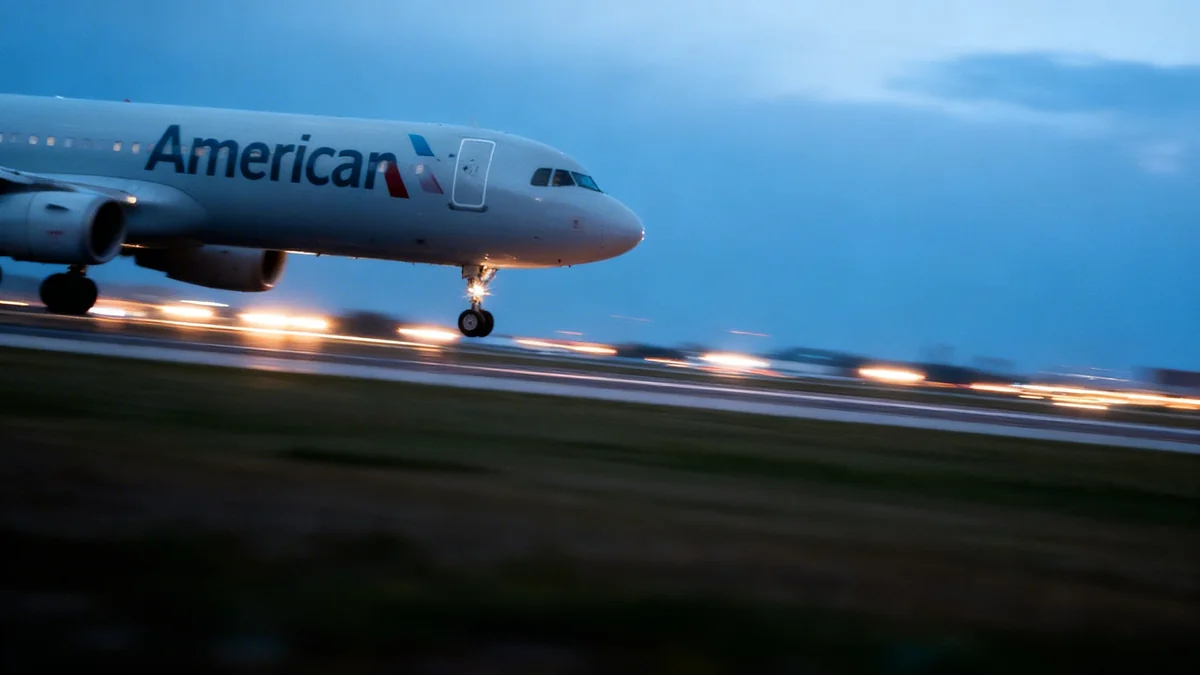Two American Airlines flight attendants were dismissed earlier this year after failing to pay overdue union dues to the Association of Professional Flight Attendants (APFA). This action is part of the union's ongoing effort to recover over a million dollars in unpaid fees from its members. The dismissals highlight the strict enforcement of mandatory membership and dues under the union's agreement with American Airlines, where failure to pay can result in termination.
Key Takeaways
- Two American Airlines flight attendants were fired for not paying union dues.
- The APFA is trying to collect nearly $1.2 million in overdue payments.
- Mandatory union membership is a condition of employment for flight attendants at American Airlines.
- The COVID-19 pandemic significantly impacted union finances due to reduced flight schedules.
Union Enforces Mandatory Dues Policy
The Association of Professional Flight Attendants (APFA), representing thousands of American Airlines cabin crew, requires all members to pay their union dues. This requirement is a condition of employment under their agreement with the airline. The union's headquarters are located in Euless, near Dallas-Fort Worth International Airport (DFW).
Failure to meet these financial obligations can lead to serious consequences. In the recent cases, the two flight attendants were expelled from the union after they reportedly refused or failed to make payments. This expulsion then triggered their dismissal from American Airlines.
"Under the existing union shop agreement, the APFA is required to inform American Airlines management when a member loses their union status — triggering an automatic dismissal from the company."
Fact Check
The federal Railway Labor Act mandates union membership for flight attendants at some major U.S. airlines, including American Airlines and United Airlines. This means that local "Right to Work" laws, which allow employees to opt out of union membership, do not apply in these specific airline contracts.
The Financial Impact of the Pandemic
The COVID-19 pandemic severely affected the APFA's finances. As air travel demand dropped, flight schedules were reduced, and many members took extended leaves or flew fewer hours. This led to a significant shortfall in union dues collection.
By 2022, the APFA faced a challenge to recover nearly $1.2 million in unpaid dues from its members. This substantial amount posed a threat to the union's operational capabilities, which include vital services like member representation and legal support.
Recovery Efforts and Ongoing Challenges
In the past three years, the union has made progress in collecting some of the outstanding debt. Approximately $362,000 has been cleared, and another $369,000 is currently being repaid through installment plans. Around 600 flight attendants have entered into repayment arrangements totaling more than $500,000.
However, these efforts are not without their difficulties. Out of the 600 payment plans, 65 have since defaulted. The total number of flight attendants falling into arrears continues to grow, indicating an ongoing financial challenge for the union.
Some individual flight attendants had accumulated more than $10,000 each in overdue dues. This highlights how quickly individual debts can become substantial. The reasons for non-payment are varied; often, it is not intentional refusal but rather a result of reduced earnings due to fewer flying hours or extended leaves, making automatic deductions difficult.
Understanding Union Shop Agreements
A union shop agreement requires all employees in a bargaining unit to join the union and pay dues within a certain period after being hired. This differs from an open shop, where union membership is voluntary. For American Airlines flight attendants, this means union membership is a condition of their employment.
The Cost of Running a Large Union
Operating an organization the size of the APFA requires significant financial resources. The union expects to collect over $7 million in dues each quarter to fund its operations. When this income stream is disrupted, it creates immediate budget shortfalls.
These shortfalls can threaten core services that the union provides to its members, such as negotiating contracts, providing legal assistance, and offering various support programs. The recent dismissals serve as a strong reminder of the importance of timely dues payment for both the union's stability and individual employment.
Navigating Unique Labor Laws
The federal Railway Labor Act governs labor relations in the airline and railway industries. This act mandates a different framework for union membership compared to other sectors. Under this law, a union can establish a 'union shop' where membership is compulsory.
This mandatory structure is not common in global aviation but exists at several major U.S. carriers. While most crew members comply without issues, this system can create disputes when individual beliefs conflict with union actions or financial obligations.
The current situation at American Airlines underscores the complexities of union membership and financial responsibilities within a highly regulated industry. The union's actions are aimed at maintaining its financial health and ability to represent its members effectively.
- Timely Payment: Dues must be paid consistently to avoid penalties.
- Payment Plans: Options exist for those struggling with arrears.
- Consequences: Failure to pay can lead to loss of employment.





